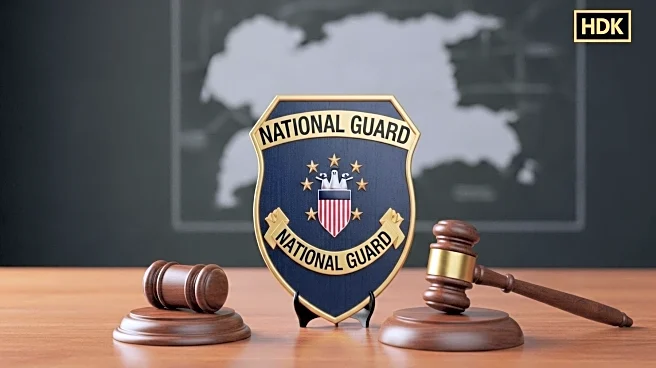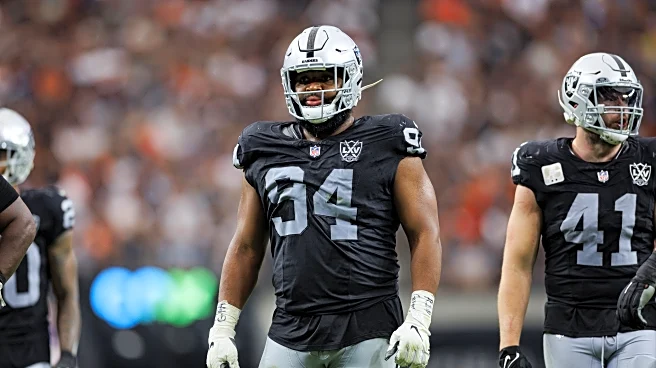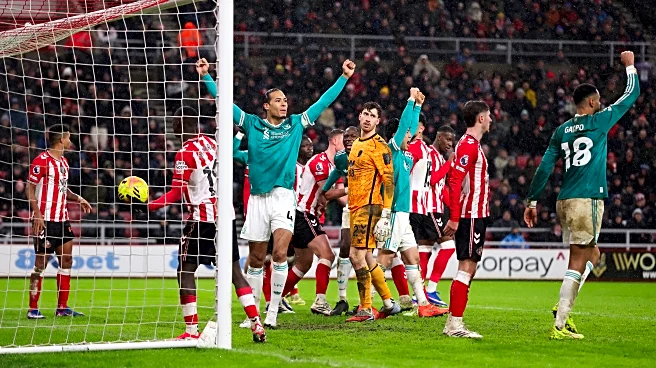What's Happening?
President Trump has suggested deploying the National Guard to several U.S. cities, including Chicago, New York, Seattle, Baltimore, San Francisco, and Portland, Oregon, citing concerns over crime rates. However, data indicates that violent crime in these cities has generally decreased in recent years. Homicides in the first half of 2025 were significantly lower compared to the same period in 2024, continuing a trend of declining crime rates post-pandemic. Despite Trump's claims, experts argue that there is no crisis warranting such federal intervention. Public perception, however, remains concerned about crime, with a majority viewing it as a major problem in large cities.
Why It's Important?
The proposal to deploy the National Guard raises questions about federal intervention in local policing, especially in cities governed by Democrats. While crime rates have generally decreased, the perception of crime remains high among the public. This discrepancy highlights the potential impact of political narratives on public opinion and policy decisions. Deploying the National Guard could alter the dynamics of local law enforcement and community relations, potentially leading to increased tension and fear rather than reassurance.
What's Next?
If President Trump proceeds with deploying the National Guard, cities may face logistical and operational challenges in integrating federal troops with local law enforcement. This could lead to debates over the constitutionality and effectiveness of such measures. Local leaders and communities may push back against federal intervention, advocating for alternative crime reduction strategies that focus on social services and community engagement.
Beyond the Headlines
The broader implications of deploying the National Guard include potential shifts in federal-state relations and the precedent it sets for future interventions. It raises ethical questions about the militarization of public safety and the impact on civil liberties. Long-term, this could influence public trust in government and law enforcement, shaping the political landscape and policy priorities.










